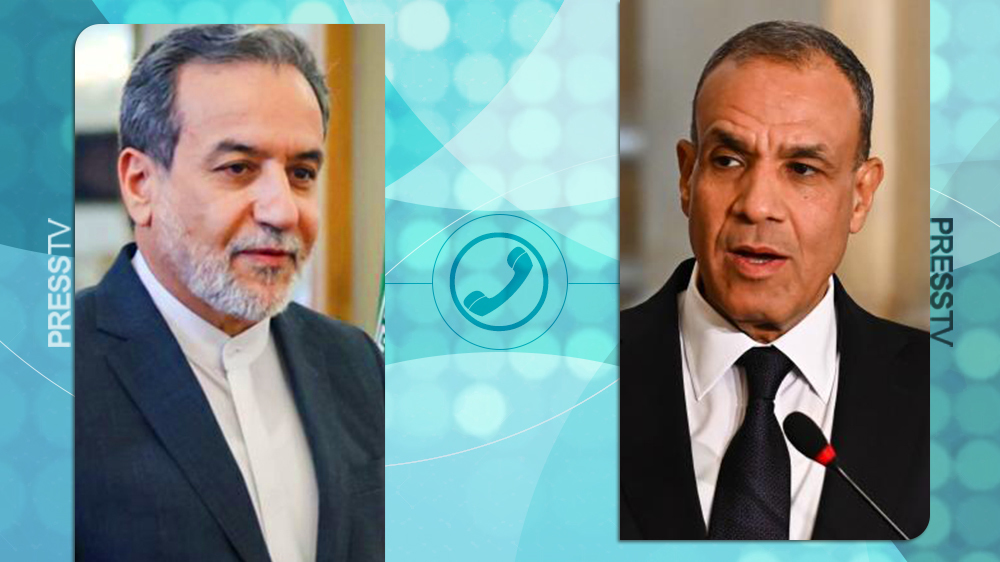Survey says family income of over 70% of Egyptians insufficient for expenses, needs
A new survey says the family income of more than 70 percent of Egyptians is inadequate for their necessary expenses and needs.
According to a survey conducted by the Egyptian Center for Public Opinion Research (Baseera), some 71 percent of people in the African country have described their family income as inadequate for their expenses and needs, while 24 percent of others said their income could somehow cover their needs.
The results of the survey by Baseera, an independent and nonpartisan organization, also showed on Sunday that only three percent of people were able to save from their income.
Egypt introduced an economic reform package, which included floating the Egyptian pound (EGP) in November 2016, in an attempt to control foreign exchange shortages that had paralyzed trade and hindered investment. The program managed to unleash foreign investment into Egyptian treasury bills and bonds.
However, the pound lost over half of its value, which, in addition to the reduction of fuel and electricity subsidies, led to increasing inflation in a country where more than half the 95-million-strong population live at or near the poverty line.
Economic reforms, based on the findings of a study undertaken by the Egyptian Center for Economic Studies (ECES), added to the number of Egyptians who plunged below the poverty line by 1.3 million, due to the fact that the lowest amount of income for a family to be just above the line increased to EGP 4,820 from 2,410 following the floatation.
This is while that, according to figures, only seven percent of the population is covered by social solidarity programs such as “Takaful” and “Karama.”
Back in mid-November, the country’s Central Agency for Public Mobilization and Statistics (CAPMAS) announced that the current unemployment rate of the African nation was at around 11.9 percent of the total workforce, meaning that more than 3.5 million people were jobless.
The worrying rate of unemployment prompted the lawmakers to approve a proposed draft law, suggesting the establishment of a sovereign wealth fund to support unemployed youth by paying out a monthly unemployment benefit of EGP 1,200 for the jobless youth for a maximum of three years.
On Friday, however, the finance ministry announced that it was not in possession of the required funds to finance such a fund. Deputy Minister of Finance for Social Insurance and Pensions Mohamed Moeit noted that any proposed law aimed at adding financial burdens on the government should necessarily be accompanied by suggested funding sources in accordance with the constitution.
On Saturday, Egyptian President Abdel Fattah el-Sisi announced that his country would in the next two to three years embark on a $5.60 billion construction project in the volatile Sinai Peninsula, whose south is peppered with Red Sea tourist resorts but its militancy-plagued northern part is underdeveloped and lacks basic infrastructure and job opportunities.
Israel launches new strikes against Syrian defense facilities
Netanyahu orders Israel negotiators to continue in Doha
Israeli regime strikes buildings in Lebanon’s south
Suicides among Israeli forces surge amid Gaza war
Gen. Soleimani turned threats into opportunities and fortified resistance axis
Houthi: General Soleimani thwarted US conspiracies in West Asia
Islamic Jihad prevents Israeli captive from taking own life
Pezeshkian: We will continue path of Gen. Soleimani with power














 This makes it easy to access the Press TV website
This makes it easy to access the Press TV website